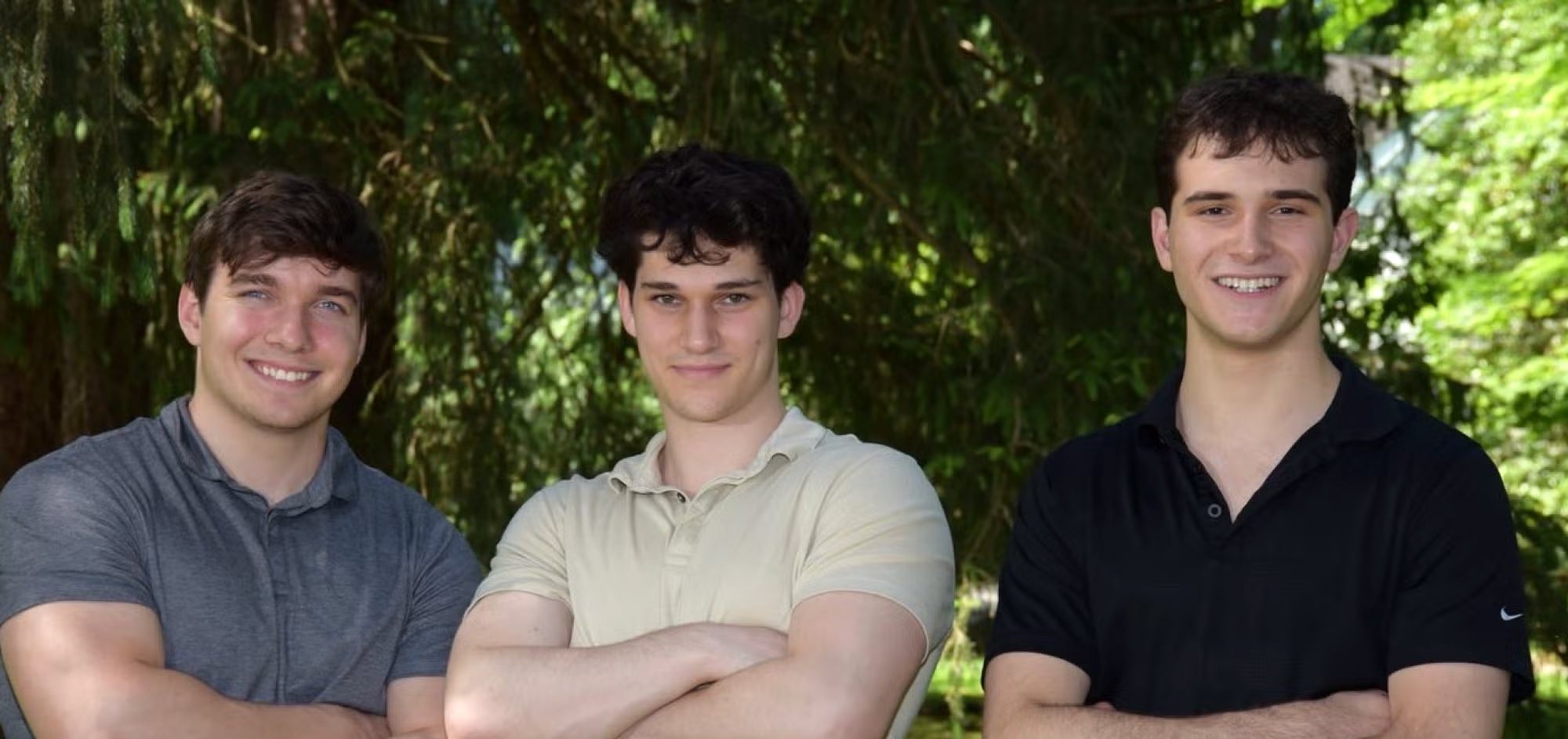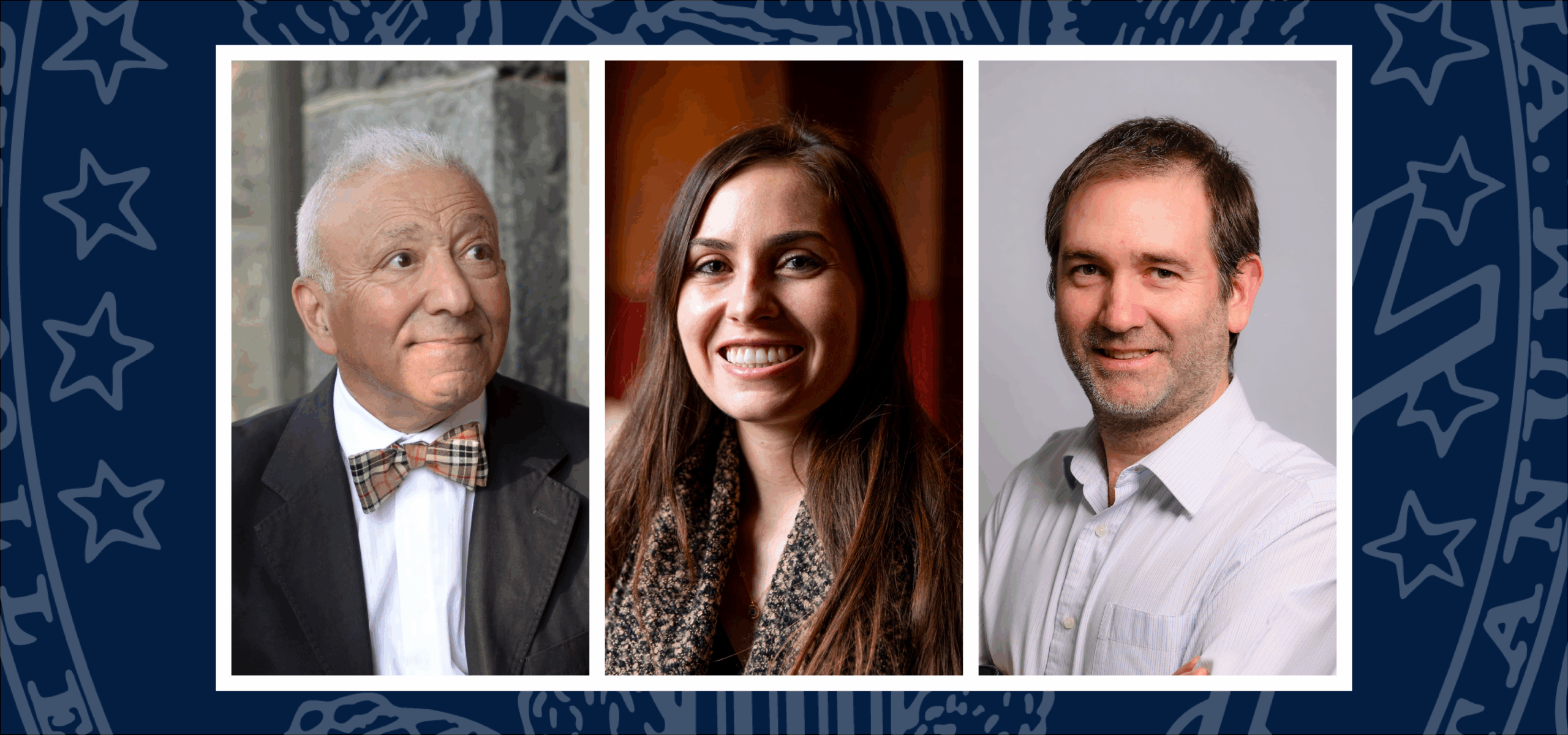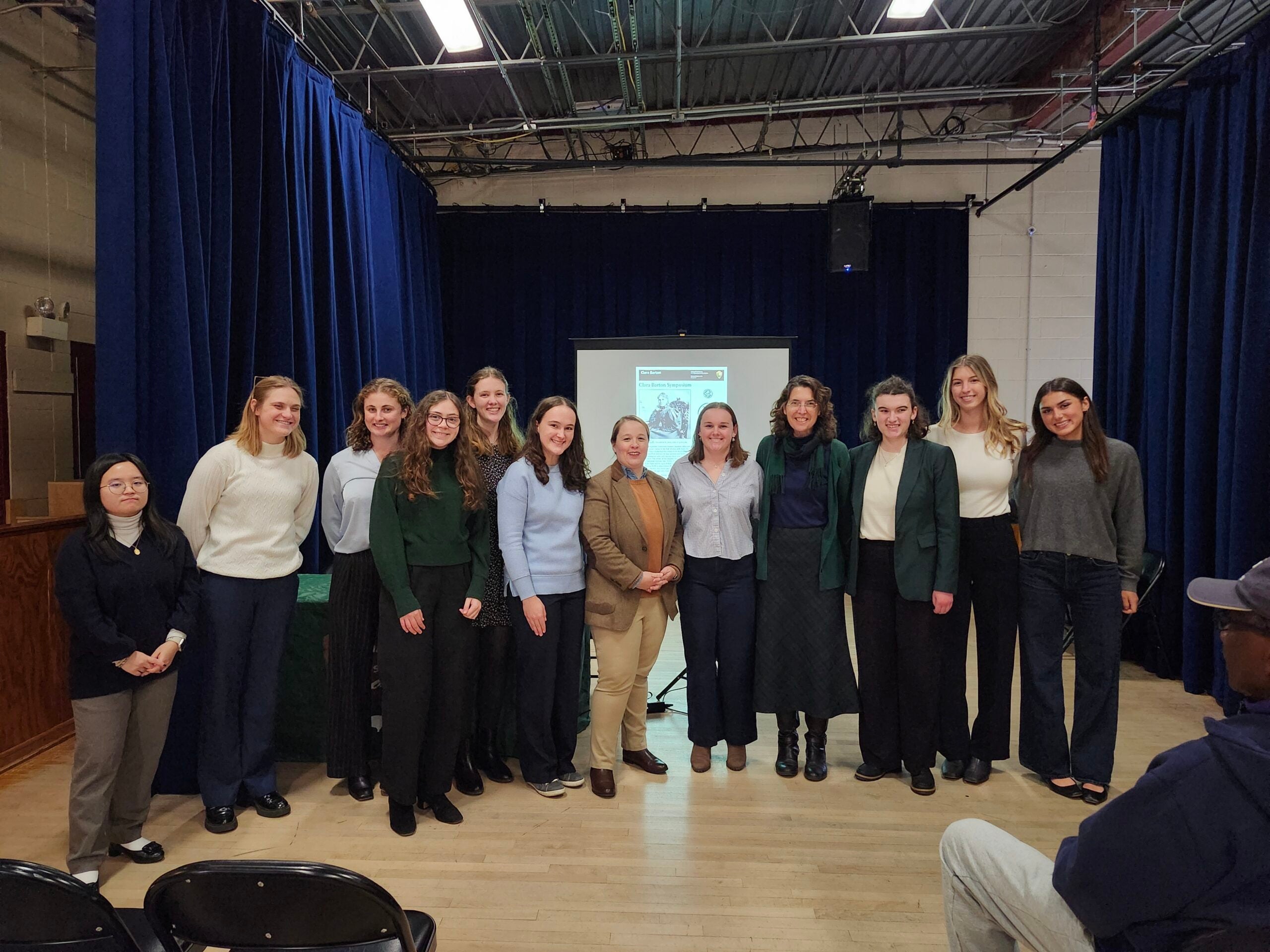Undergraduate Research
The purpose of our university is not the acquisition of knowledge but the search for deeper knowing. Rather than imagine your education as downloading information or facts, reimagine your education as a process of seeking, questioning, probing, arguing, and creating.
The primary responsibilities of faculty are to research, teach, and guide students. The primary responsibilities of students are to learn how to learn and to continue this quest for the rest of their lives. Faculty are primarily involved in the search for and creation of new knowledge, but faculty invite students to join with them to learn methods and approaches.
Dream It — Do It
After engaging in research with faculty supervision, students may dream up their own questions and create their own projects. In these ways, students chart their own paths toward original questions and deeper knowing.
Six Ways That You Can Participate in Undergraduate Research:
#1: Explore Methods
Students explore research methods through an introductory course to a field of knowledge (for example, ENGL 1090 – Critical Methods, FMST 1100 – Gateway to Film & Media Stds, JUPS 2010 – Nonviolence Theory & Practice, PSYC 2000 – Research Methods & Statistics, or SOCI 2901 – Methods of Social Research)
#2: Join a Project
Students join with faculty in a research project, serving as research assistants via GUROP.
#3: Start Your Own Research Project
Students propose their own original research projects, seeking summer fellowship funding via Davis, Kalorama, Raines, Andretta, GUROP, etc.
#4: Present Your Findings
Students bring back their summer research and develop this material into a thesis, capstone, or independent project in the senior year. Students present their research via on-campus symposia (including the College Academic Council Research Colloquium in the spring) and off-campus conferences (supported by PURPAS grants).
#5: Expand on the Experience
Students use their undergraduate research projects as stepping stones to further research, creative projects, fellowships, jobs, graduate study, public service, etc.
#6: Keep Asking Questions
Continue to ask questions and pursue deeper knowing as key activities in lives of purpose.
Student Voices
Undergraduate Research News
News Story
New Book Explores What Psychology Can Teach Us About Immigration
“The New Immigration Challenge” by Professor Fathali Moghaddam and two psychology Ph.D. alumni, Margaret Hendricks (MPP’19, G’22) and Fr. Raimundo Salas-Schweikart, S.J. (MPP’22, G’25), examines immigration from a psychological perspective.
January 27, 2026
News Story
Students Share New Research on Clara Barton for the National Park Service
Last month, 11 Georgetown students shared original historic research on Clara Barton, a Civil War medical care provider and pioneer of emergency medicine who founded the American Red Cross, as part of a seminar led by history professor Chandra Manning.
January 14, 2026

News Story
3 Hoyas Reshape Drone Detection With Guardian RF Start-up
John Andrzejewski (C’25), Eli Kerstein (C’24) and Lucas Raskin were Georgetown physics majors interested in signal processing when they got an opportunity to work together on a project.
April 30, 2025

